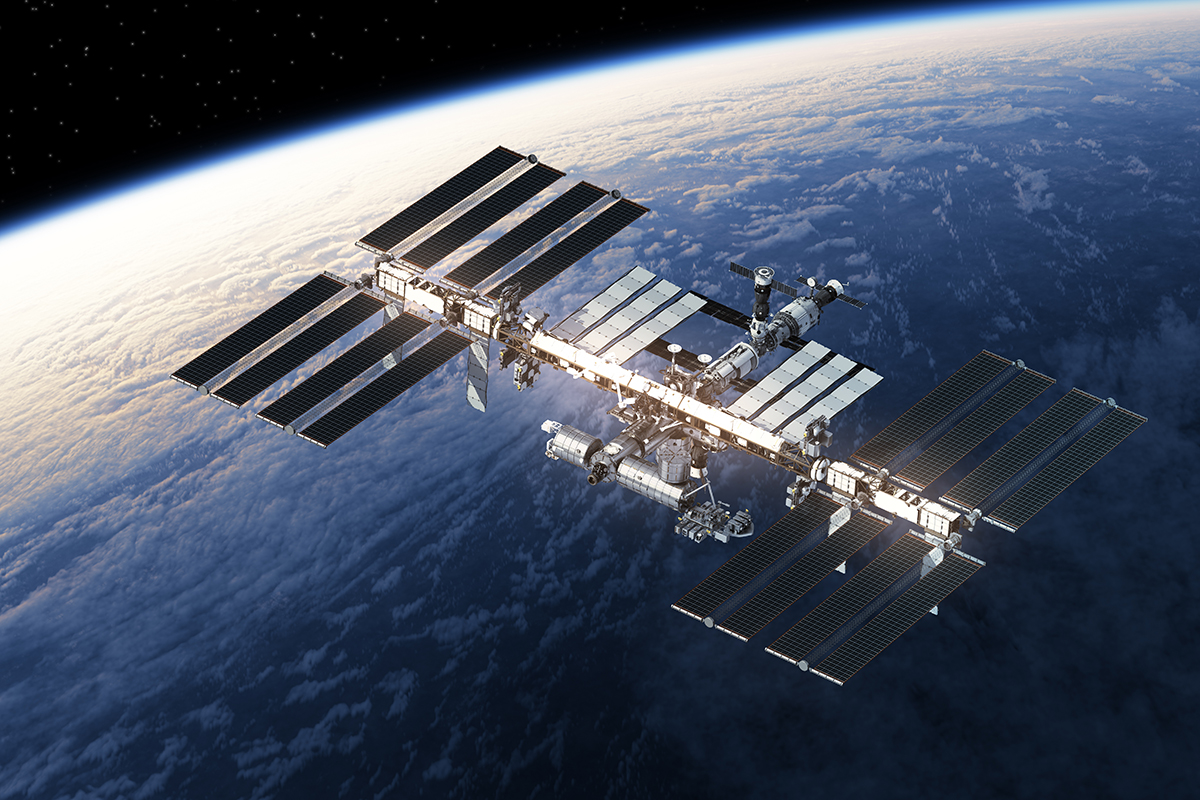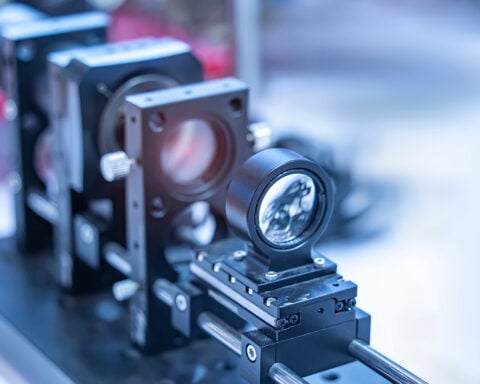A coolant leak has been detected on the International Space Station (ISS), adding to a series of mechanical challenges faced by the Russian space agency, Roscosmos, in low-Earth orbit.
The incident occurred in the Russian-controlled segment of the ISS, specifically in the Nauka module.
The Leak Details
The coolant leak was discovered in a radiator circuit on the Nauka module. Interestingly, the Nauka module itself, which was integrated into the ISS in July 2021, was not the source of the issue.
Instead, the leak occurred in an external backup radiator, originally delivered to the ISS during a space shuttle mission in 2010. NASA reported observing flakes emanating from one of the radiators during their monitoring.
Crew and Station Safety
Despite the coolant leak, the primary thermal control circuit within the Nauka module remains operational, ensuring comfortable conditions for the ISS crew within the living area. The crew and the ISS itself are not currently in danger.
NASA astronaut Jasmin Moghbeli confirmed the presence of flakes from the cupola windows and, as a precaution against contamination, the crew was asked to close the shutters on U.S. segment windows. Ground teams continue to assess the situation.
Previous Incidents and External Influences
This incident is not the first time Roscosmos has encountered coolant leaks in space. In late 2022, a Soyuz spacecraft transporting NASA astronaut Frank Rubio and two Russian cosmonauts suffered a significant coolant leak, likely caused by an external object striking the spacecraft.
In a related incident, a coolant leak was also reported in February 2023 on a Russian Progress vehicle used for ferrying supplies to the ISS. Roscosmos suggested that this leak, too, was likely due to “external influences.” These occurrences highlight the growing issue of debris in Earth’s orbit, partly a consequence of previous collisions and anti-satellite weapons tests.
Ensuring Future Space Mission Safety
The coolant leak in the ISS’s Russian module, while concerning, has not jeopardized the safety of the crew or the station itself.
The primary thermal control circuit remains operational, and measures have been taken to mitigate potential risks. However, the incident serves as a reminder of the challenges posed by space debris and external factors in maintaining the integrity of spacecraft in low-Earth orbit.
Roscosmos and NASA continue to investigate the root causes of these coolant leaks to enhance the safety of future missions to the ISS.







